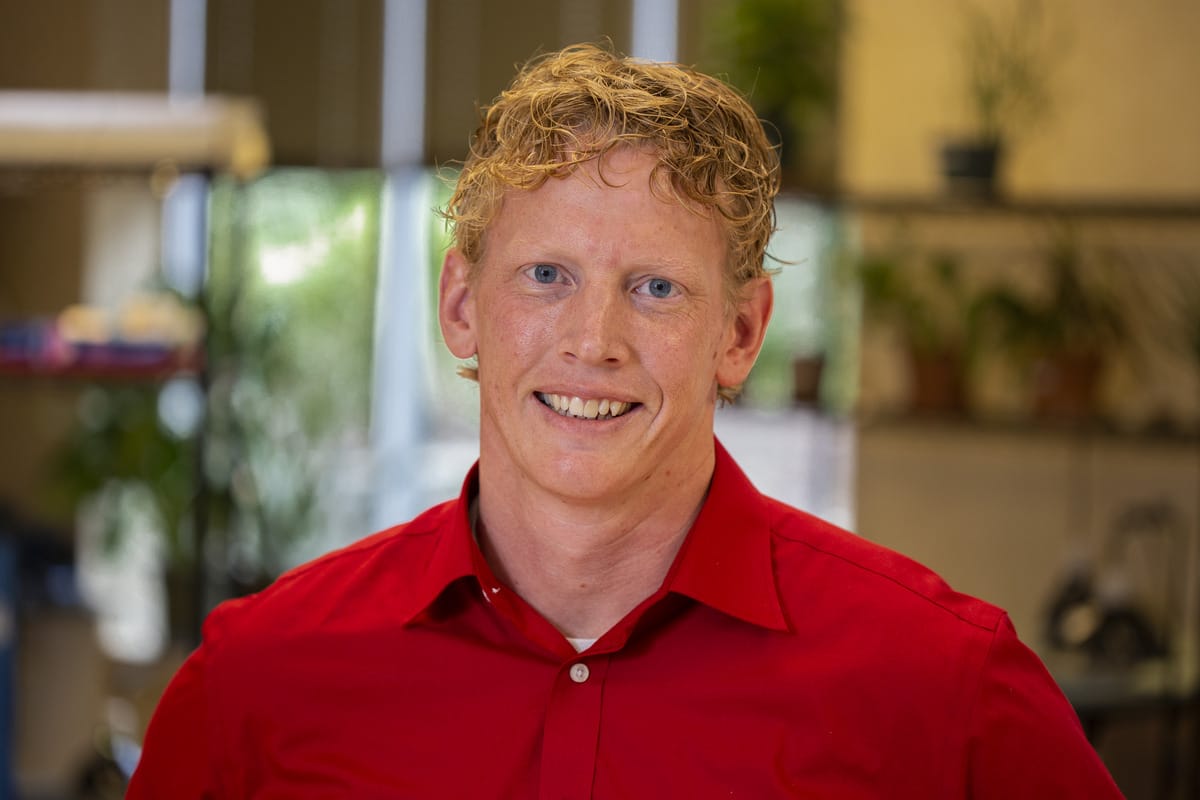I went back to my old classroom yesterday, after all the students had gone home for the summer. Empty classrooms are always thick with expectation; they were built to be busy, and they wear stillness with unease. Yesterday, my old classroom was no exception; the walls and the chairs and the desks were bizarrely, awkwardly blank.
It’s been three years since my last class as an everyday teacher—since I walked out of that classroom and into new adventures. Those adventures have been gratifying, but the old classroom still feels like a melancholy place. In the old classroom, I feel keenly how times that once were good are gone for good.
Every school year is like that, I suppose—even a year like this one, with its trials and its tragedies. Despite all the awfulness, wonderful moments shone through. The times you laughed with your students. The moments of wonder and discovery. The days you made life a little lighter, together.
Outside of your classroom, your impact will ripple out, of course. That’s the beauty of teaching: those good times are never really gone for good. The lives you shaped will shape the lives of others, and so proceed, ad infinitum.
But still….
Those moments, themselves, have slipped away, and the last day of school is a fine time to mourn them.
Advice for the Future
Modern culture insists on a certain superficial glibness. Our world is saturated with entertainment and distraction, and we struggle sometimes to reflect on life’s deeper truths — especially the truths that aren’t particularly cheery.
We are tiny creatures in a vast universe, and our lives are very short. I’ve lived just over 15,000 days, and none of them are coming back. That’s kind of sad — and that’s okay.
In Moments to Remember, one of the Blue Apple projects, students form connections with senior citizens at a local assisted-living facility. We encourage teachers to continue those relationships after the project is finished — to go bowling or visit a baseball game, to exchange cards and to build long-lasting friendships.
We know, of course, that if those friendships last long enough, many of those seniors will no longer be with us. If a connection is deep enough and long-lasting, it serves as a prelude to loss. That fact can be awful, true, and important at the same time; education often consists of teaching awful and important truths.
In a true classroom community, students can be fully human — and the human experience has incredible range. This summer, I encourage you to reflect on ways you can create space in your class to accommodate that range — space for anger and sadness and philosophical ennui to exist beside silliness and focus and joy.
There are a ton of activities out there to promote social-emotional learning. Often, they feel contrived, and there’s nothing worse than a teacher forcing a student to try to feel. Find an approach that feels natural for you and for your students, and make it a regular part of your practice.
This will help students engage in your learning community and it will boost test scores, sure — but that’s not the best reason to do it. The best reason is because if you can help your students find meaning in the frustrations and heartbreaks of the classroom, you’ll help them to find meaning in another frustrating, occasionally heartbreaking endeavor: life.
*This image taken by Alvesgaspar courtesy of Wikimedia Commons.

